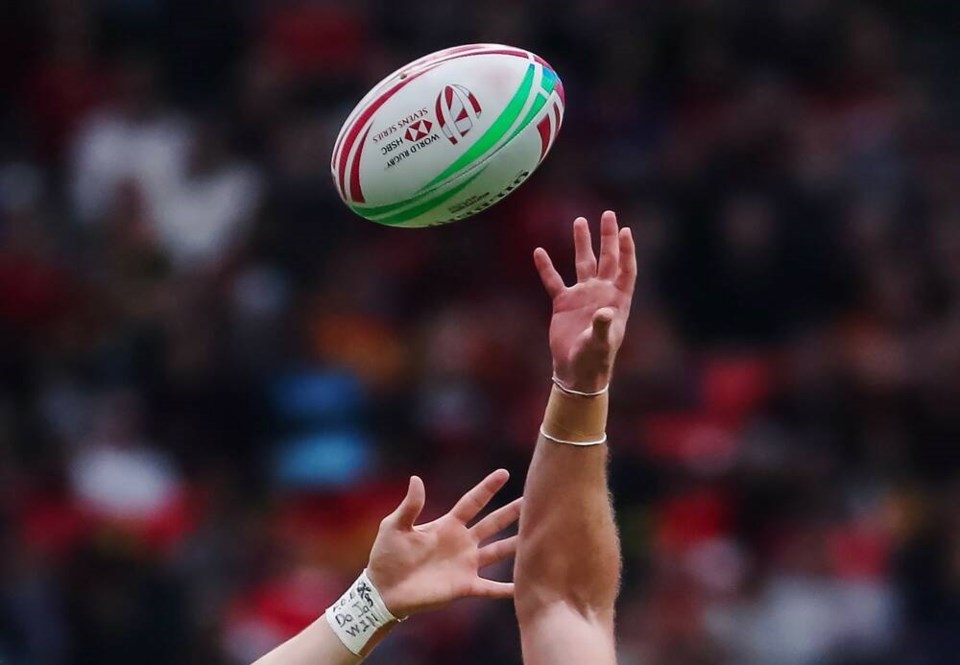Not only did the culture, strategy and leadership at the Rugby Canada national training centre in Langford come under withering criticism in an independent review commissioned by the organization, but so did the Island community itself.
“Langford is not viewed as a positive place to live with it being framed as ‘expensive’ and ‘isolated,’ ” states the report, released Wednesday.
“In comparison to Langford, many have questioned if there truly is an overall benefit to removing athletes from effective club/university/provincial development programs in favour of a centralized Langford-based program. Langford’s physical location on the extreme edge of Western Canada maximizes its geographical remove and generally exacerbates already challenging Canadian travel logistics.”
The Lower Island, however, is home to national training centres in several other sports. The report acknowledges that Langford is a “double-edged sword,” adding: “The ability to centralize athletes is seen by some as the only way for Canada to establish a competitive advantage.”
Overall, the report concludes Rugby Canada is grievously lacking a high-performance strategy or vision: “There is no clarity amongst Rugby Canada stakeholders on what programs/teams are Rugby Canada’s true priority (if indeed there is one). Experiencing a general continuing decline in on-field results suggests there is a shared belief that Rugby Canada is at an important strategy crossroads and may even potentially be heading in the direction of rugby in Canada becoming a community sport rather than a high-performance sport.”
Canada will miss the men’s World Cup in 2023 after having qualified for all nine previous editions. The women’s sevens team went from its bronze medal in the 2016 Rio Olympics to crashing and burning and not even making the quarter-finals at the Tokyo Olympics last summer.
The report states Rugby Canada does not have a high-performance strategy, has failed to create a healthy and effective high-performance culture and athletes do not view the high-performance program as a safe and inclusive environment. Rugby Canada also has a poor relationship with the Canadian rugby community, the report added. It said Rugby Canada’s “strategic incoherence” is partly a result of being stuck in the past: “Rugby Canada appears to be in a constant state of crisis and overall performance suffers as a result. New thinking is required because the game has evolved overall.”
The report noted, however, that the Canadian rugby community is highly passionate about the sport and wants the nation to do well internationally.
“Change is possible and many hope to be a part of it,” the report states.
“The review has uncovered some difficult truths about the current state of the program, but the fact remains that there is broad interest across the Canadian rugby community in contributing to setting the program on the right path. With the right leadership and committed action, this community can be rallied to support the writing of a new positive chapter in Rugby Canada’s proud history.”
Recommendations include establishing a clear high-performance strategy and national governance role and repairing and improving the relationship with the athlete community with a more inclusive culture.
“We have listened and will use this report as a springboard,” Sally Dennis, Rugby Canada chair, said in a statement.
“My intention is to set in motion an inclusive and collaborative process to address the report’s findings [and] to implement transformational change.”



